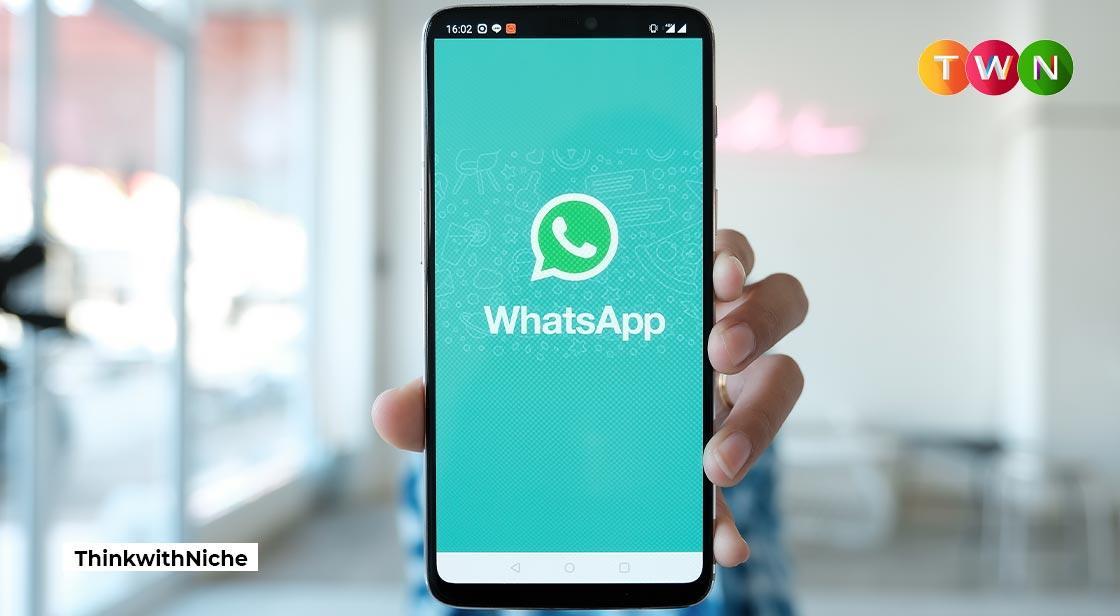WhatsApp Gets Relief as NCLAT Pauses CCI Order on Data Sharing with Meta

News Synopsis
The National Company Law Appellate Tribunal (NCLAT) provided significant relief to WhatsApp on January 23, 2025, by staying the Competition Commission of India’s (CCI) order that had halted user data sharing between WhatsApp and its parent company, Meta. This decision is pivotal for the platform's business continuity in India.
Key Concern: A Five-Year Ban on Data Sharing
The NCLAT acknowledged that WhatsApp operates as a free messaging and video-calling platform. The tribunal noted that imposing a five-year ban on user data sharing with Meta could potentially disrupt the business model and lead to its collapse. This concern formed the basis for granting the stay.
Additionally, the tribunal highlighted that WhatsApp’s controversial 2021 Privacy Policy, which enabled data sharing with Meta, has been in effect since its introduction. The absence of intervention from the Supreme Court against this policy further strengthened NCLAT's decision.
Penalty Imposed by CCI
In November 2024, the CCI imposed a penalty of ₹213 crore on Meta for allegedly abusing its dominant position in relation to WhatsApp’s 2021 Privacy Policy. The regulatory body directed WhatsApp and Meta to “cease and desist” from anti-competitive practices and restricted WhatsApp from sharing user data with Meta for five years.
Meta and WhatsApp challenged this order, arguing that the ban would jeopardize the platform’s ability to monetize user data in India, its largest market.
Condition for Stay: Partial Penalty Deposit
While granting the stay, the NCLAT directed WhatsApp and Meta to deposit 50% of the ₹213 crore penalty within two weeks. This condition serves as a safeguard while the tribunal deliberates further on the case.
WhatsApp’s Business Model Under Scrutiny
WhatsApp’s business model relies heavily on data monetization. The 2021 Privacy Policy allowed the platform to share user data with its group companies, including Meta and Instagram, without providing users an “opt-out” option. This has drawn criticism for violating user privacy.
The NCLAT observed that halting data sharing would significantly hinder WhatsApp’s operations, given that the Digital Personal Data Protection Act, 2023 (DPDP) already governs such practices. The tribunal believes a five-year restriction would be excessive under the circumstances.
WhatsApp’s Privacy Policy and User Concerns
The 2021 Privacy Policy has been a contentious issue since its introduction, primarily due to the lack of an opt-out feature. Critics argue that this policy compromises user privacy by allowing data sharing across Meta’s platforms for targeted advertising. Despite widespread concerns, the Supreme Court has not intervened to block the implementation of this policy.
CCI's Crackdown on Anti-Competitive Practices
The CCI’s order in November 2024 was part of its broader crackdown on anti-competitive practices. While the ₹213 crore penalty is a small financial burden for Meta, the five-year ban on data sharing posed a serious challenge to the company’s ability to leverage user data for advertisements and other revenue-generating activities.
NCLAT’s Observations
NCLAT's ruling underscores the importance of balancing regulatory oversight with business viability. It acknowledged that WhatsApp’s free-to-use model relies on data monetization and that a prolonged ban on data sharing could undermine its operations.
The tribunal's decision to stay the CCI order marks a temporary victory for WhatsApp and Meta, ensuring that they can continue data-sharing practices under the 2021 Privacy Policy, at least for now. The final resolution of this case will be closely watched, given its implications for privacy laws and digital business practices in India.
You May Like









